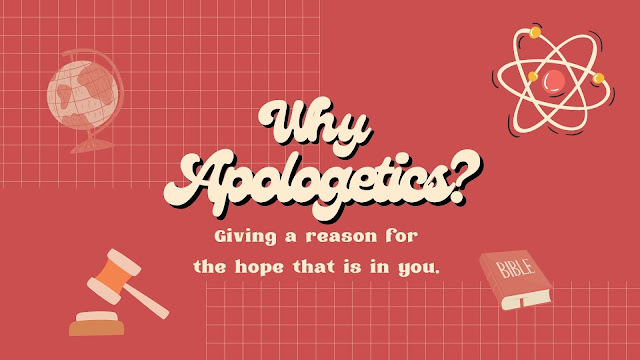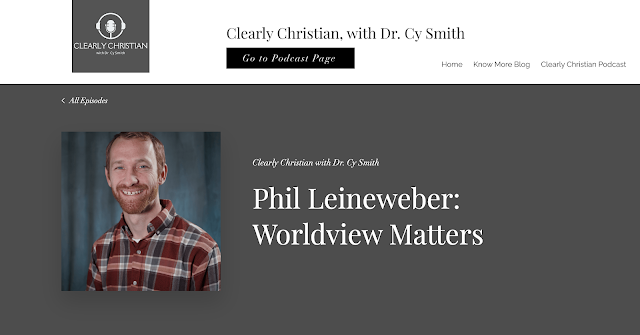Moral Triage for Life
When we encounter various situations in our spiritual lives or moments of conflict or disagreement in our Christian communities it is essential that we define our terms and understand the urgency of what we are addressing. Is this a moral issue? Something clearly revealed by God and simply a matter of obedience or disobedience? Or could this be a preference issue? Something that is very important to the individual but based upon that person’s specific taste not the law of God.
A helpful tool to aid us in working through issues we may encounter is a “Biblical Moral Triage” (pictured above). This concept originated with Dr. Matthew Haste at the Southern Baptist Theological Seminary in Louisville, Kentucky. It gives us helpful categories to define our terms and determine the urgency and appropriate response to a given situation. The first category is that of Biblical Command.
Command
This category designates an issue where God has provided a clear line in His Word between righteousness and unrighteousness. Believers who trust and read the Bible rightly should be able to agree on these situations every time: murder, adultery, lying, cheating, etc.
We can identify this by looking at God’s Word for “through the law comes knowledge of sin” (Romans 3:20). This would include sins of both commission and omission as James says, “so whoever knows the right thing to do and fails to do it, for him it is sin” (James 4:17). It is the most black and white category and should be the easiest for us identify and with which to be in agreement.
Wisdom
We then have been give God’s abundance of wisdom in His Word. Here we seek to apply the commands of God to situations not explicitly addressed in Scripture. We can do so typically by discerning the likely outcome of a particular path.
For instance, we know that marrying a non-believer is wrong (2 Corinthians 6:14), but what about an immature believer? What about someone with whom there are significant disagreements about raising children or doctrinal beliefs? We would be incorrect to say marrying that person is sin, but it may very well be unwise or foolish.
We see wisdom prescribed throughout Scripture but especially in books like Proverbs and Ecclesiastes. We hear Solomon write “get wisdom” (Prov. 4:5-6) and Paul prays that the church in Colossae would be “filled with all spiritual wisdom and and understanding, so as to walk in a manner worthy of the Lord, fully pleasing to him, bearing fruit in every good work” (Colossians 1:9-10).
In areas of wisdom we should be able to agree most of the time. We should graciously be working together to seek the wise decision in our culture and historical moment and avoid the absence of wisdom which results in a lifestyle of foolishness. We ask God for wisdom (James 1:5) as we look at patterns and outcomes to see if a certain decision could result in sin or put us into a place of compromising God’s wisdom.
Conscience
The next category is that of conscience. Here we find the results of applying Biblical wisdom to our own personal experience. These decisions may not entail things that are wrong for all people at all times in all places and so have a level of subjectivity. Here we may be able to agree upon a certain perspective but more often than not a perspective is unique as it deals with first-hand experience.
1 Thessalonians 4:4 says that “each of you know how to possess his own vessel in sanctification and honor” in the context of sexual purity. For certain individuals it would be sin to watch certain media or be in specific contexts that might lead them to sin. Notice the subjectivity: “his own vessel.” Other passages that address this include Romans 14 and 1 Corinthians 8. The latter was the subject of a recent sermon at Berean (click to watch below). The most important priority as we seek unity around issues of conscience is seeking to love one another in a way that builds up and does not cause a brother or sister to stumble.
Preference
The last area of this moral triage is that of preference. This category describes our individual or collective interests, desires, or wishes. These are all related to your own tastes, culture, life stage, and upbringing. The music accompanying corporate worship will probably sound different from San Diego to the Serengeti of Tanzania. As long as God’s commands and God’s wisdom are not being violated here preferences are amoral, neither right nor wrong.
We are commanded “not to quarrel over opinions” (Romans 14:1) and actually to “look not only to [your] own interests, but also to the interests of others” (Philippians 2:4). Preferences are something that makes each of us and even each of our churches unique, but they should not be seen as the most important thing. Your brother is not living in sin because they brought potato salad instead of sauerkraut to the potluck. Here there is often disagreement amongst believers but there should be a mutual pursuit of unity around our greater doctrinal and moral convictions while acknowledging each person’s tastes and desires. Sadly, many if not most of church conflicts actually fall under this preference category. This ought not be so.
Applying this Moral Triage
A great practice for us would be to take a situation or circumstance, very often a conflict, and place it in a moral category. Has God spoken about this? Is this an area where God’s wisdom might apply? Could this choice be affecting my brother or sister as a matter of conscience? Or is this just a preference issue?
Getting on the same page about where a specific issue or circumstance falls on this “Biblical Moral Triage” can really help us as the body of Christ to work together for love, unity and mission.
In Christ,
Phil
Love Builds Up - Different: Lessons from Corinth from Berean Baptist Church on Vimeo.



.png)


Comments
Post a Comment